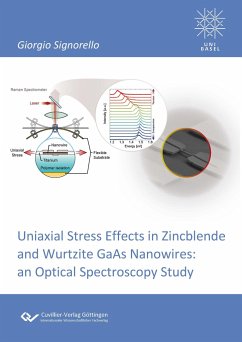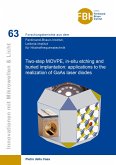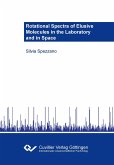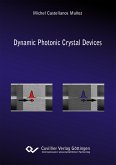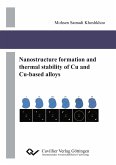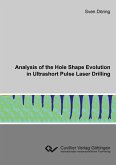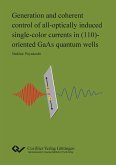Inspired by the possibility to boost the performance of future transistors and optoelectronic devices, we have explored the effect of strain in III-V nanowires. GaAs nanowires are characterized by a large yield strength and exceptional mechanical properties, making them an attractive system to study the enhancement of strain effects. At nanoscale dimensions, it is possible to achieve controllable growth of different crystal structures like zincblende or wurtzite, enabling new degrees of freedom to tailor electronic and optoelectonic properties. We show that the photoluminescence (PL) of zincblende GaAs nanowires can be red-shifted by 290 meV by axially elongating zincblende GaAs nanowires by up to 3.5%, from tension to compression. Fingerprints of symmetry breaking due to the anisotropic nature of the nanowire deformation are found in the Raman spectra, where the lifted degeneracy of the phonons is resolved, and in the PL, which undergoes a more pronounced shift in tension than in compression because of the different symmetry character (heavy or light hole) of the top valence band. In wurtzite GaAs nanowires, we demonstrate a remarkable energy shift of the PL up to 345 meV by varying the axial strain over a range of 2% in tension and compression. For the first time, we show spectroscopic evidence of a direct-to-pseudodirect bandgap transition and demonstrate that light emission can be suppressed by more than three orders of magnitude. Using the Raman scattering spectra as relative strain gauge and fitting the optical transition energies to a k¿p model, we determine all band-structure parameters of wurtzite GaAs in unstrained conditions, clarifying once and for all its band structure. Quantities like the Poisson ratio along the c-axis and the phonon deformation potentials of the GaAs and AlGaAs optical phonons have also been determined. This body of results constitutes a solid foundation for understanding strain effects on the optical and electronic properties of III-V nanowires.
Hinweis: Dieser Artikel kann nur an eine deutsche Lieferadresse ausgeliefert werden.
Hinweis: Dieser Artikel kann nur an eine deutsche Lieferadresse ausgeliefert werden.

